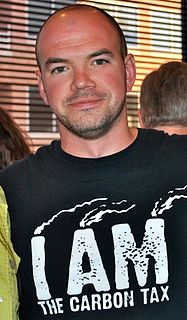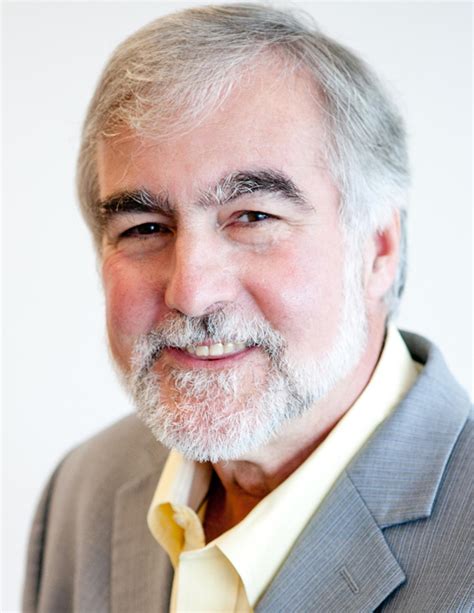A Quote by Radhanath Swami
Religious and spiritual leaders should be held accountable for environmental activism, not only because they have access to large communities and can influence votes but because service is integral to religious and spiritual life.
Related Quotes
The spiritual differs from the religious in being able to endure isolation. The rank of a spiritual person is proportionate to his strength for enduring isolation, whereas we religious people are constantly in need of 'the others,' the herd. We religious folks die, or despair, if we are not reassured by being in the assembly, of the same opinion as the congregation, and so on. But the Christianity of the New Testament is precisely related to the isolation of the spiritual man.
It goes with the passionate intensity and deep conviction of the truth of a religious belief, and of course of the importance of the superstitious observances that go with it, that we should want others to share it - and the only certain way to cause a religious belief to be held by everyone is to liquidate nonbelievers. The price in blood and tears that mankind generally has had to pay for the comfort and spiritual refreshment that religion has brought to a few has been too great to justify our entrusting moral accountancy to religious belief.
The religious stories, the religious truths, the spiritual principles - obviously, they don't change. But as you get older and you experience more, you recognize the applicability, the profundity, and the fundamental truths of spiritual principles in ways that you couldn't when you simply were living a less dimensional life.
A kernel of truth lurks at the heart of religion, because spiritual experience, ethical behavior, and strong communities are essential for human happiness. And yet our religious traditions are intellectually defunct and politically ruinous. While spiritual experience is clearly a natural propensity of the human mind, we need not believe anything on insufficient evidence to actualize it.
All religious leaders and spiritual teachers emphasize finding a place within us that is true. People who obsessively follow these leaders instead of their own purpose attach to the spiritual leader and become fanatical and controlling. That's why Jesus tried to tell his followers not to get attached to outward form.
The greatest bulwark against an overreaching government, as tyrants know, is a religious population. That is because religious people form communities of interest adverse to government control of their lives; religious communities rely on their families and each other rather than an overarching government utilizing force.
Religion that is imposed upon its recipients turns out to engender either indifference or resentment. Most American religious leaders have recognized that persuasion is far more powerful than coercion when it comes to promoting one's religious views. . . . Not surprisingly, then, large numbers of religious leaders have supported the Supreme Court in its prayer decisions.
The sense of a spiritual dimension in life is absolutely important, and the religious communities are also important. The question of believing in a set of creedal statements is a lot less important, because I realize the Christian movement thrived then and can now on other elements of the tradition.
If Muslims want to take their disputes to religious arbitrators because they genuinely believe that it's a matter of great spiritual importance that they do that, they shouldn't be the only community in this country that's denied the opportunity to do that. Because the Jewish population has been entitled to take their disputes to tribunals known as the Beth Din for over one hundred years, and the Church of England is integrated into the fabric of this country, and there are ecclesiastical tribunals where religious disputes can be dealt with.
Religious life is not going to go away. It will take a different form. Why am I so sure it's not going to go away? Because there are people whose personalities and gifts, and interests and soul, are simply immersed in living this kind of a spiritual lifestyle. That only makes sense. If you can live an artistic lifestyle, why can't somebody live a spiritual lifestyle? We've always, in every single great tradition, had a percentage of the population that stands in the middle of us being the beacon that calls us to realize that the spiritual life is an essential part of every life.





































